Search
Filter By Topic
Filter By Section

The candidate will collaborate with the Impact Investing team to advance Lumina’s work in service of our 2040 goal: that 75% of US adults will have access to degrees and credentials of value leading to economic prosperity. The Impact Investing team invests in innovative, technology-oriented solutions that address the unmet needs of students to, and through, higher education and workforce.

The candidate will be required to provide support, coordination, and assistance on the delivery of specific projects for the Public Policy & Convenings Team that help to advance racial equity through the attainment of quality credentials that lead to economic mobility.

The intern will work closely with the Equity, Culture and Talent team to support Lumina Foundation’s efforts to cultivate an inclusive, high-performance culture and workforce. This role will strengthen the employee experience and organizational effectiveness by helping translate Lumina’s people practices into clear, accessible communications and resources for staff.

The candidate will provide hands-on operational, coordination, and logistical support for Lumina Foundation convenings that advance postsecondary attainment and economic mobility, with a strong emphasis on equity. The intern will support the planning and execution of complex, multi-day meetings, retreats, and conferences that bring together Lumina staff, grantees, policymakers, education leaders, and partners to drive learning, alignment, and action.

The intern will support projects within Lumina Foundation’s Bachelor’s Credentials of Value portfolio. This portfolio focuses on ensuring bachelor’s degrees are high-quality, transparent, and aligned with workforce needs so they serve as strong pathways to economic mobility for all students.

The communications intern will participate in both in-person and virtual Strategic Communications team discussions and meet individually with team members to receive and report on assignments, contributing to an experienced team that enhances the foundation’s leadership and effectiveness in driving social change for the benefit of individuals and society.
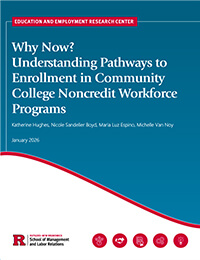
Noncredit workforce education has emerged as a vital yet underexamined pathway in American higher education. Accounting for an estimated 40% of community college enrollment nationwide (American Association of Community Colleges, 2024), noncredit programs attract millions of adult learners annually. These programs serve diverse needs, providing occupational training geared toward adults seeking skills for new or current jobs; occupational training arranged and paid for by employers for their employees; English as a Second Language (ESL) courses for non-native speakers; and courses to pursue personal interests (Van Noy and Hughes, 2022). Some programs lead to credentials, while others do not.

Every so often, a new story makes the rounds about how Americans without four-year college degrees can still make six-figure salaries. Take this piece from LendingTree, which highlights elevator installers and repairers—47.5 percent of whom earn more than $100,000 a year without a bachelor’s degree. It’s the kind of story that spreads quickly: hope for the non-college majority, proof that not all good jobs require a diploma.

Research has long shown that graduation likelihood is linked to a student’s financial resources, family’s educational background, gender, and ethnicity. But Lumina-funded research now reveals that an institution’s actions and culture matter as well.

We know that education is a powerful tool for opportunity. But with rising college costs and more students relying on loans, this pressing question remains: Is college still worth it?
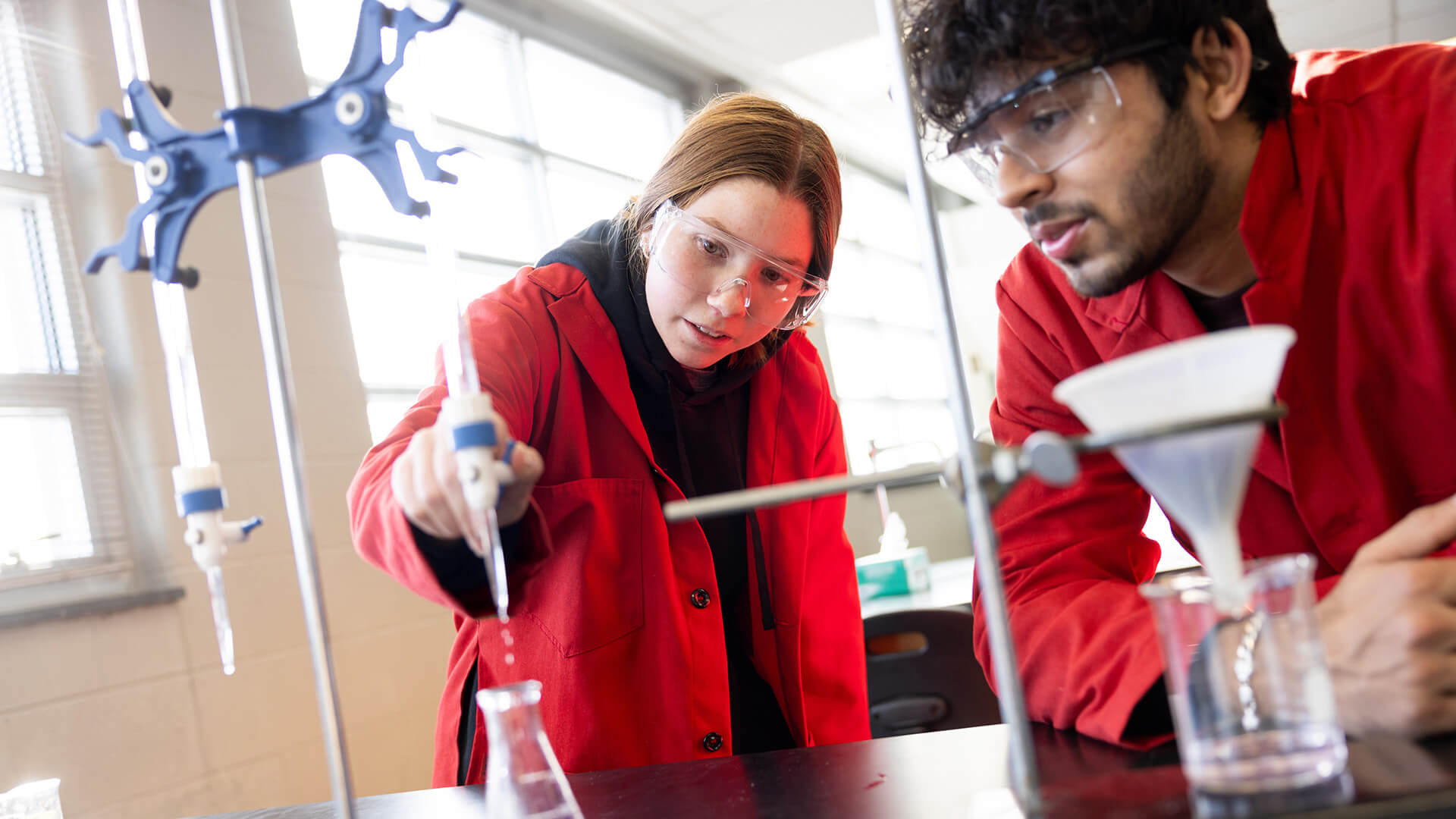
If we can align affordability, value, and trust, we can once again make higher education the engine of upward mobility.
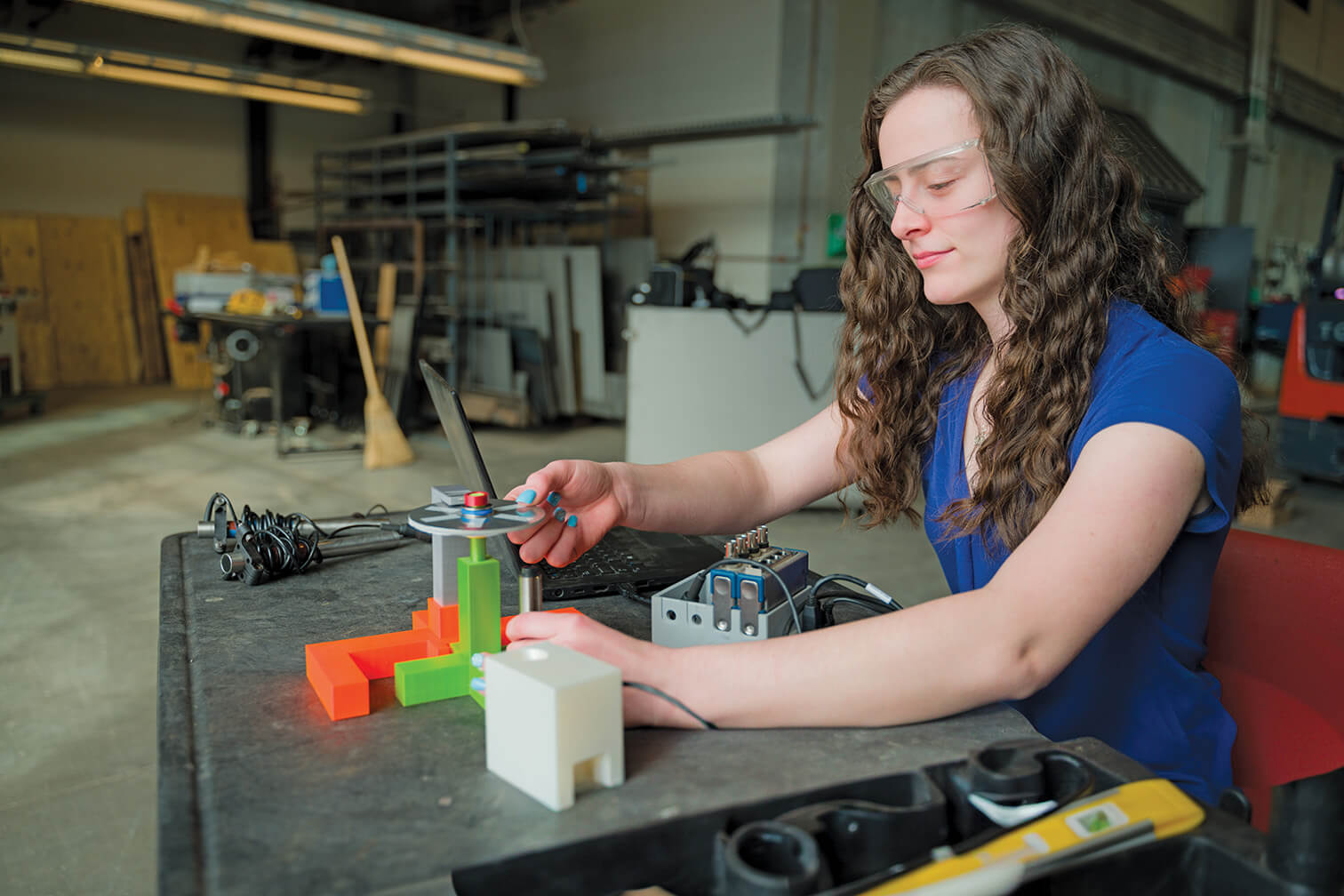
More than 1M short-term workforce credentialing programs are offered today, but little has been done to help adults identify which programs meet industry standards and lead to higher-paying jobs. That’s changing.
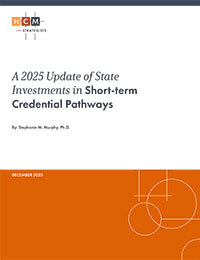
The 2025 update to HCM’s landscape analysis of state investments in short-term credential pathways. The latest and most comprehensive analysis identifies 111 active state-funded initiatives across 34 states.

Lumina Foundation’s Jamie Merisotis offers insight from his decades of experience as an author, policy innovator, and philanthropist on the future of education and work—and his vision for a world where learning and human potential drive progress and opportunity for everyone.
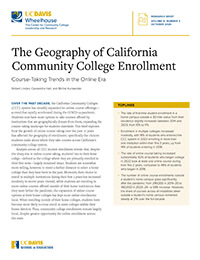
California students now have more options to take courses offered by institutions that are geographically distant from them, expanding the course-taking landscape for students statewide. This brief explores how the growth of online course taking over the past 10 years has affected the geography of enrollment, specifically the choices students make about where they take courses across California’s community college system.
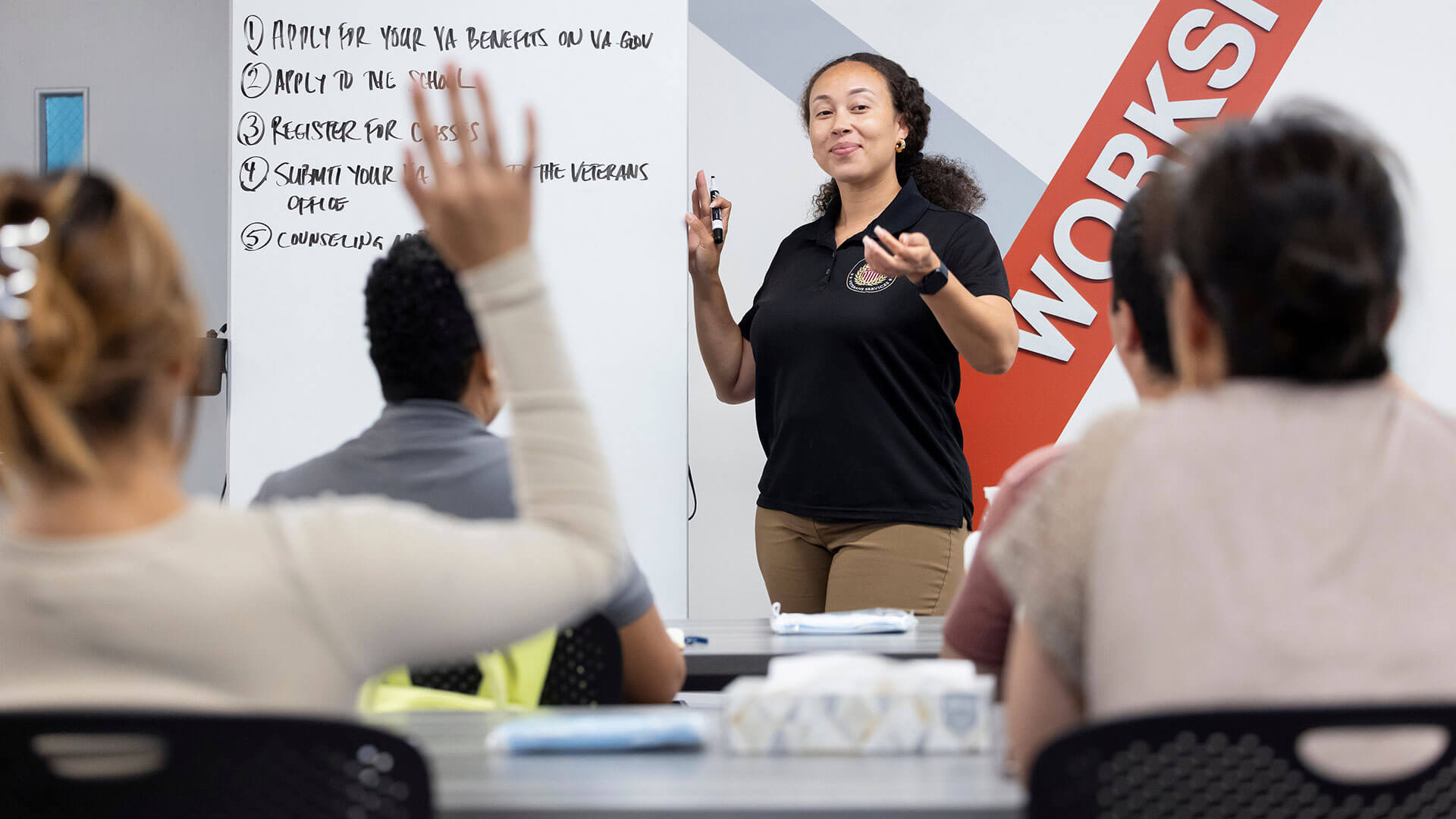
Thirteen states are working to set new goals for better-educated, better-trained residents.

States need to help people complete credentials that pay off—in wages, career mobility, and community vitality.
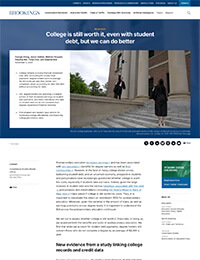
College remains a strong financial investment even after accounting for student loan payments: degree holders earn on average $8,000 more per year than similar non-completers when accounting for debt ($10,400 without accounting for debt).
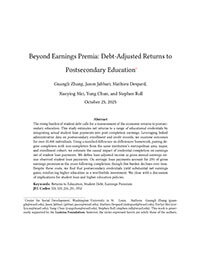
Net returns on educational credentials still yield substantial net earnings gains, reinforcing higher education as a worthwhile investment.
Newsletter and publications
Updates from the worlds of learning and work—free in your inbox.
Lumina Daily News is a daily update on post-high school learning from all the top sources we follow. Focus magazine dives deeper into stories reflecting Lumina's mission: to extend the benefits of education and training after high school to all of today’s students.
"*" indicates required fields
